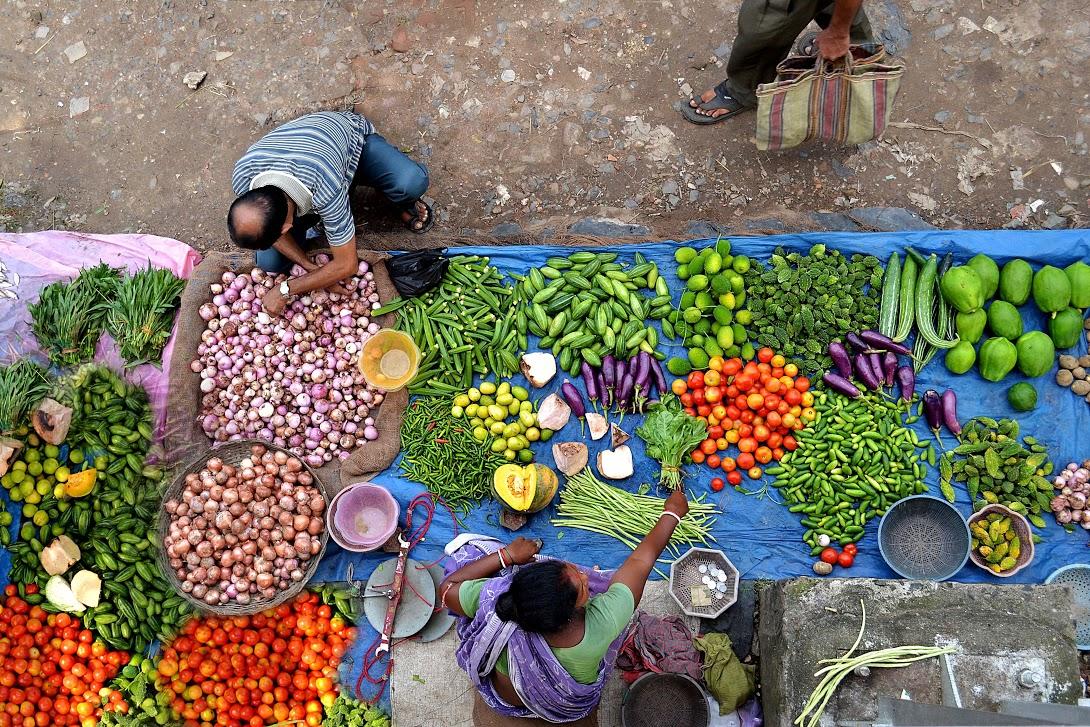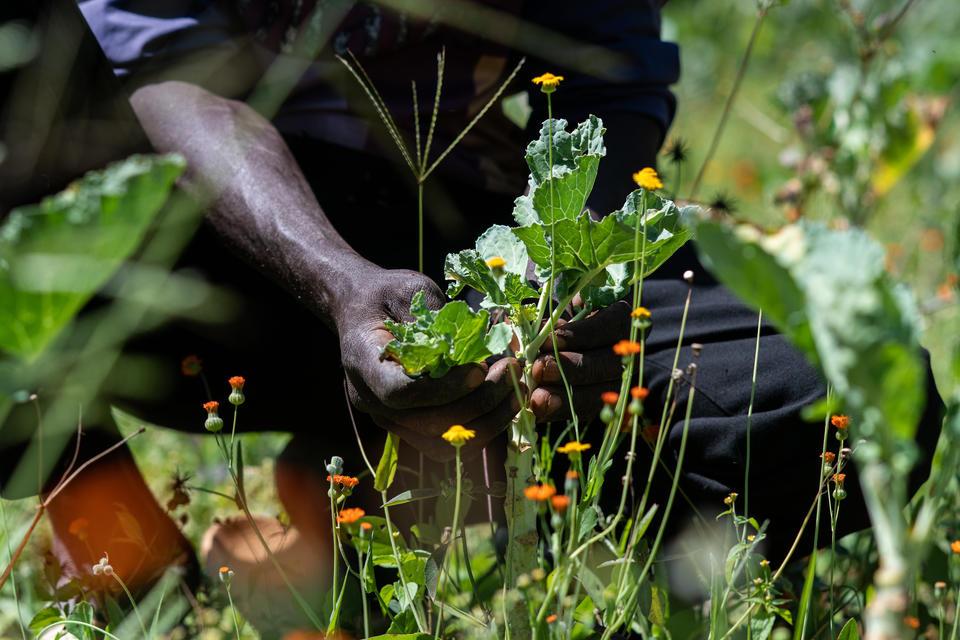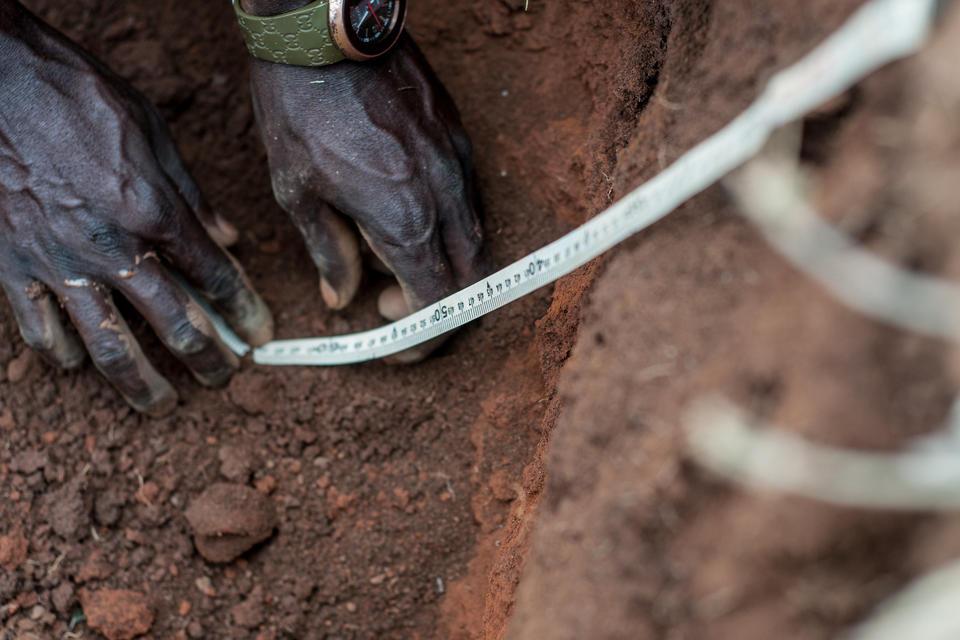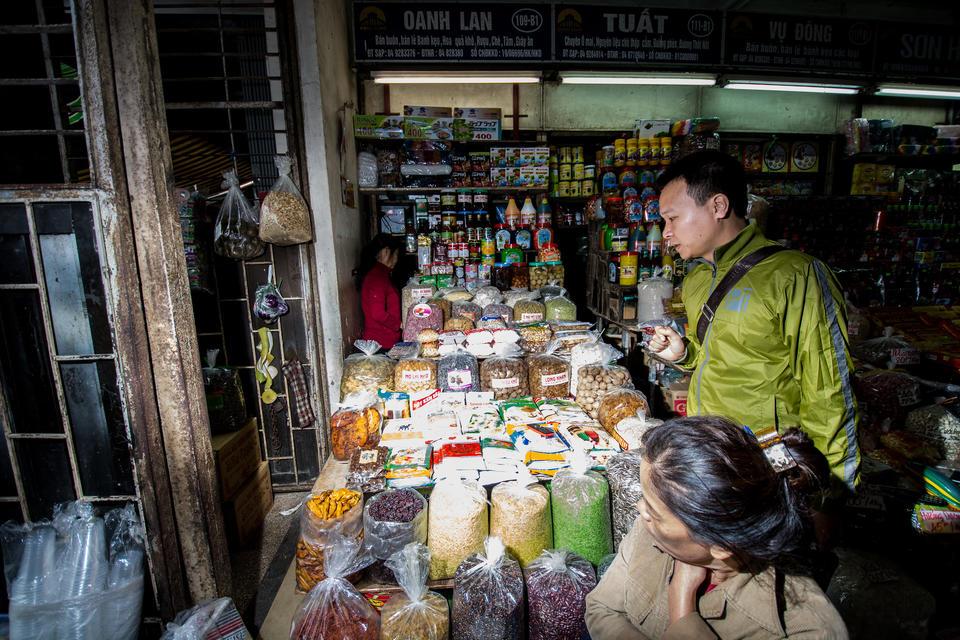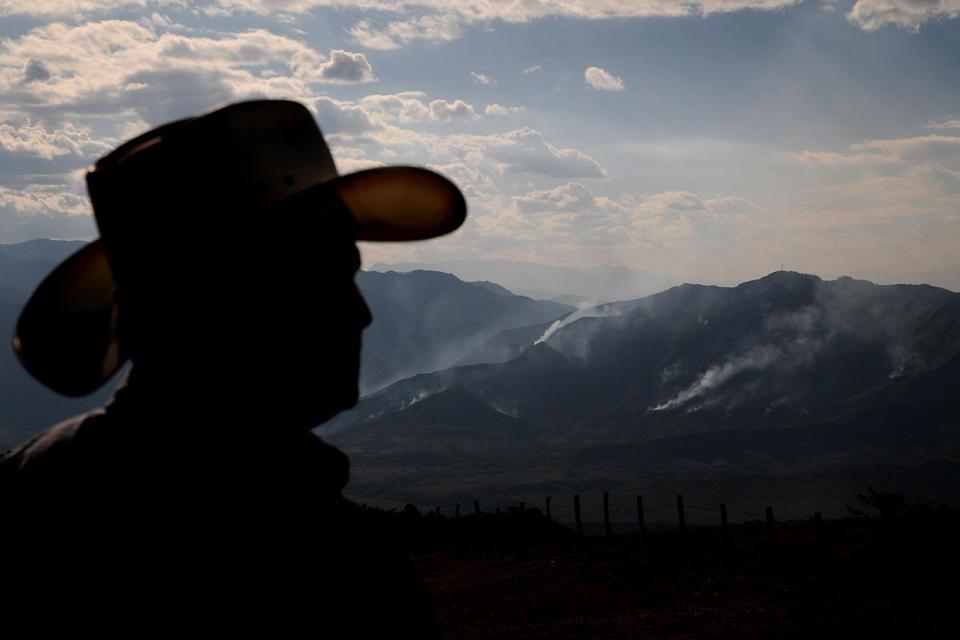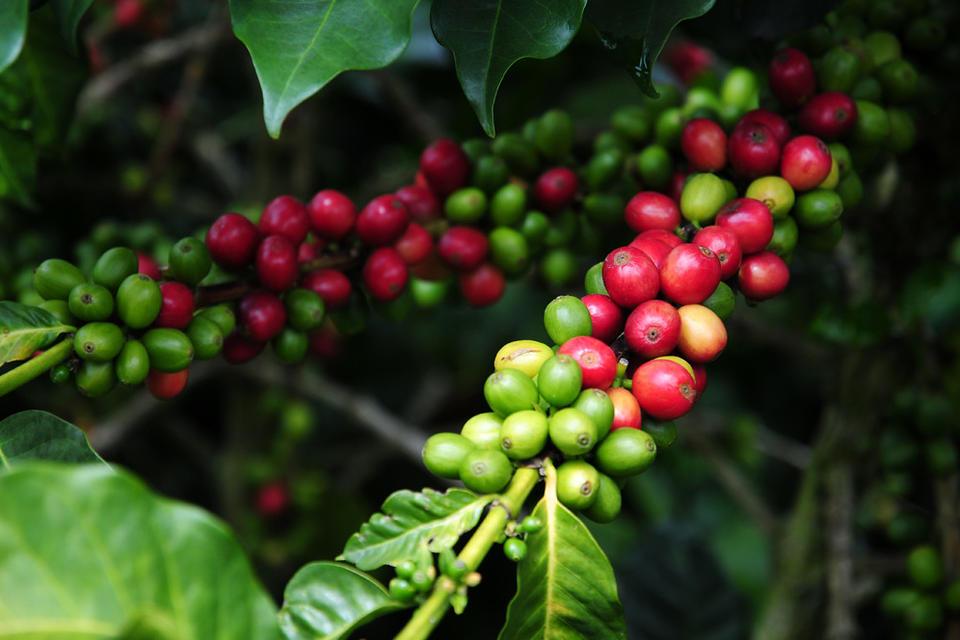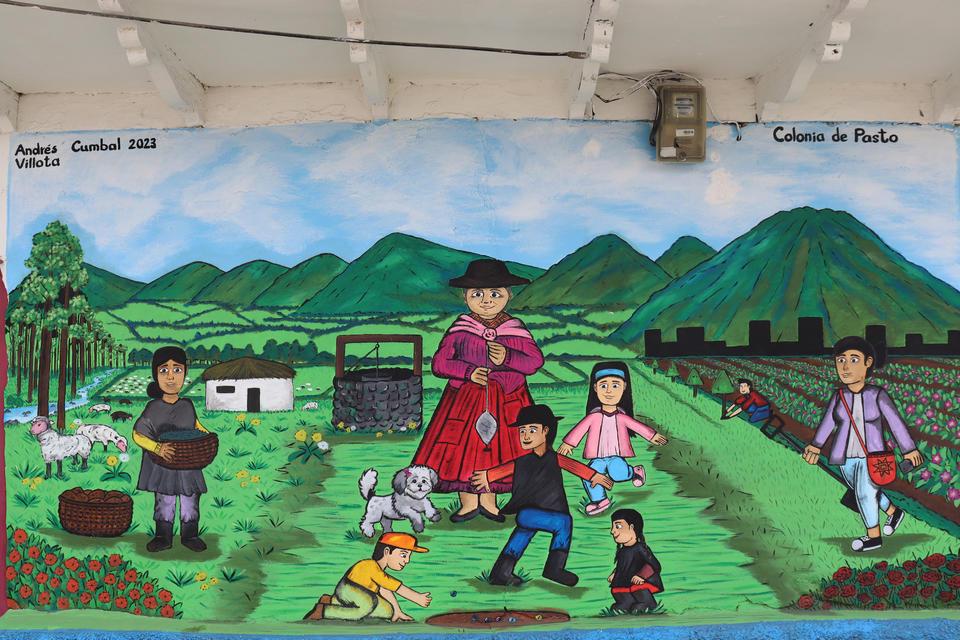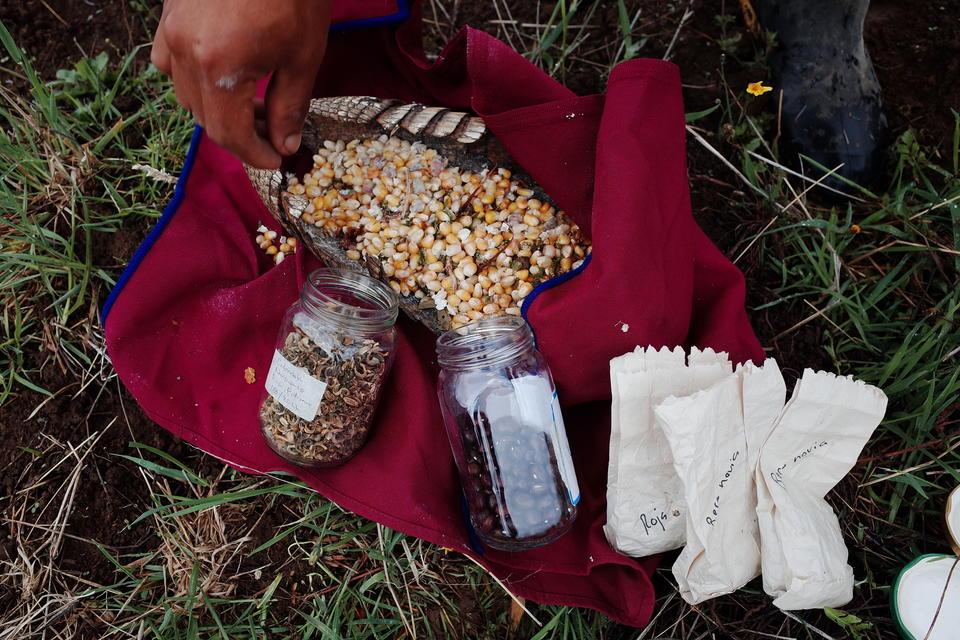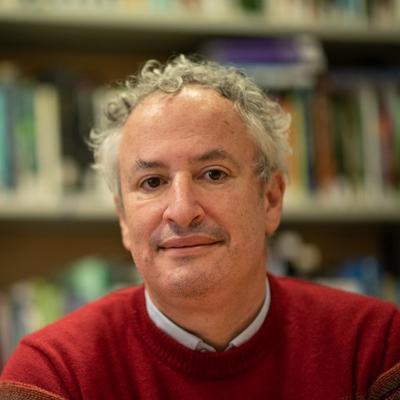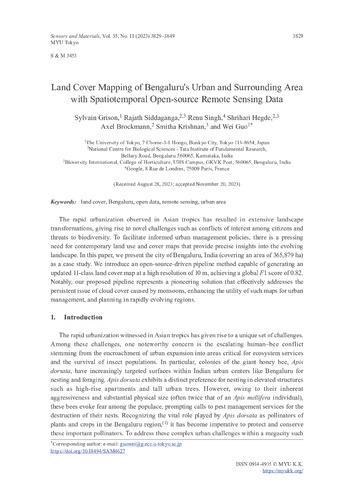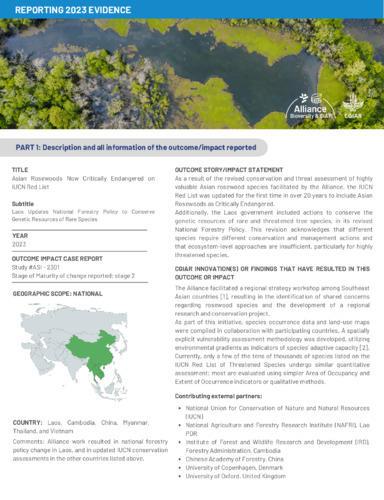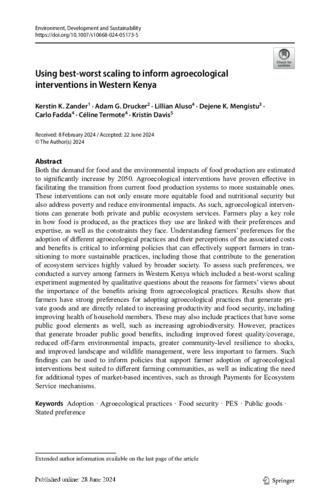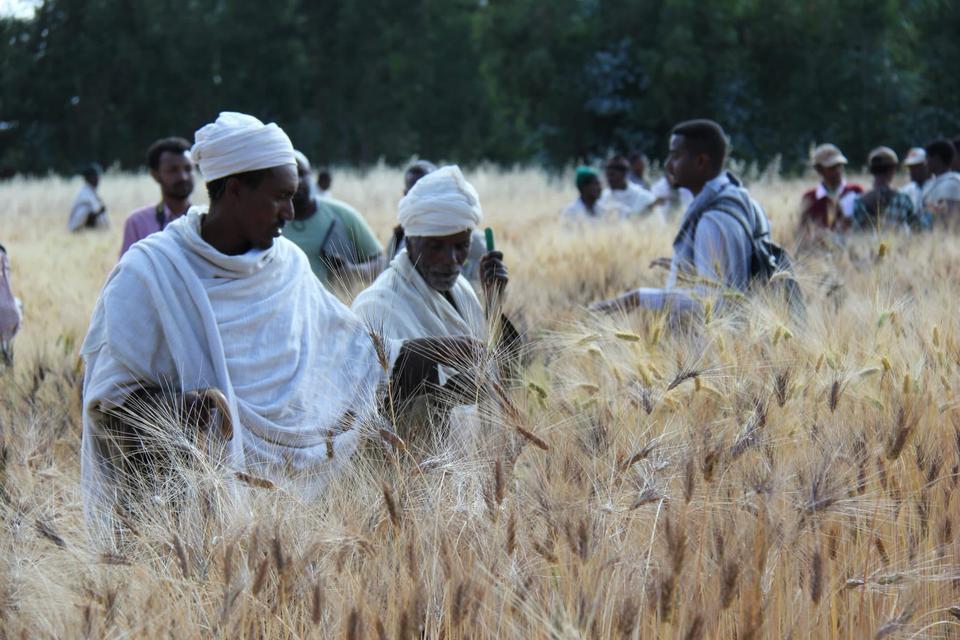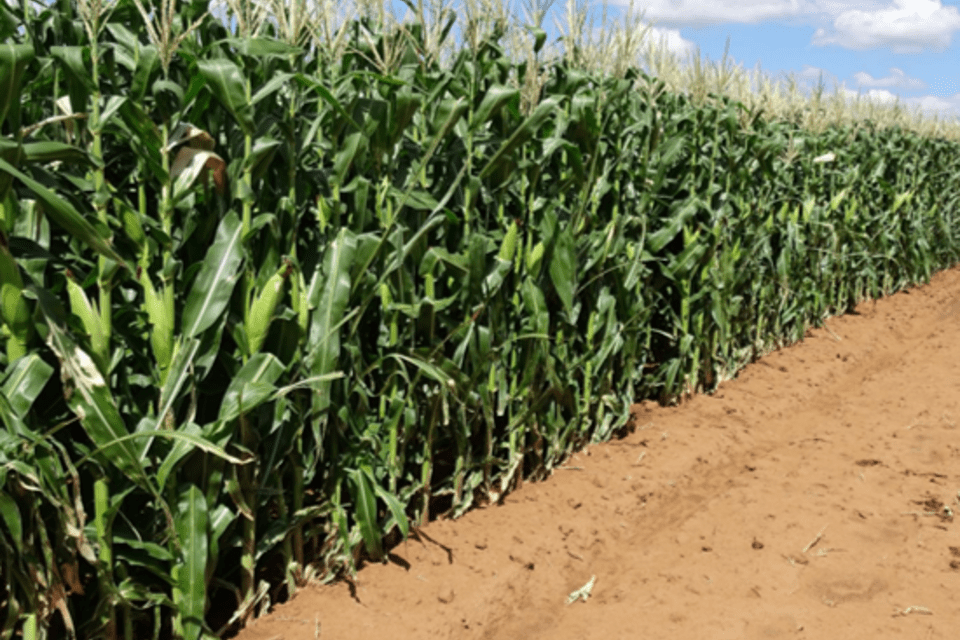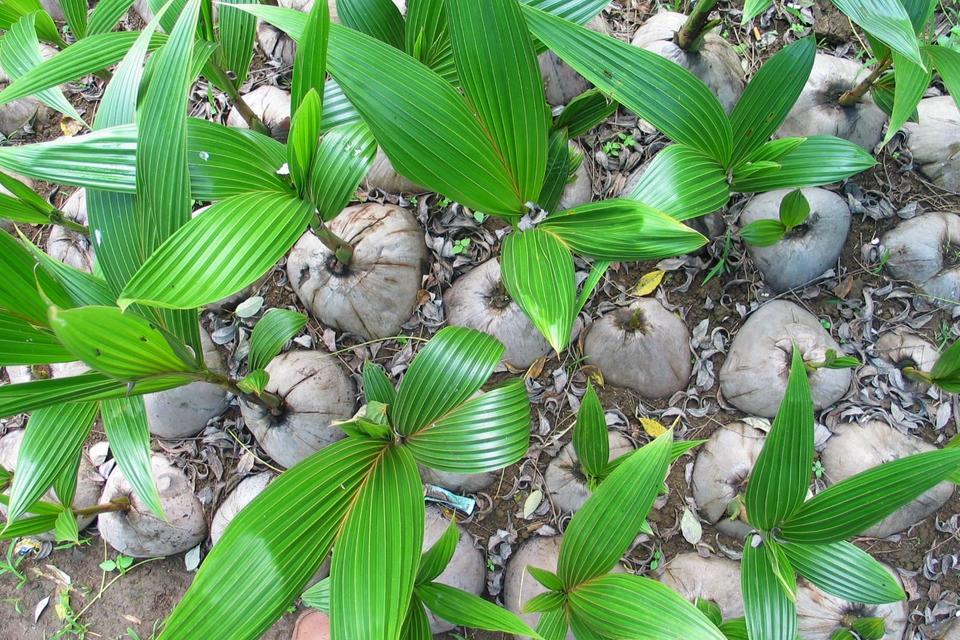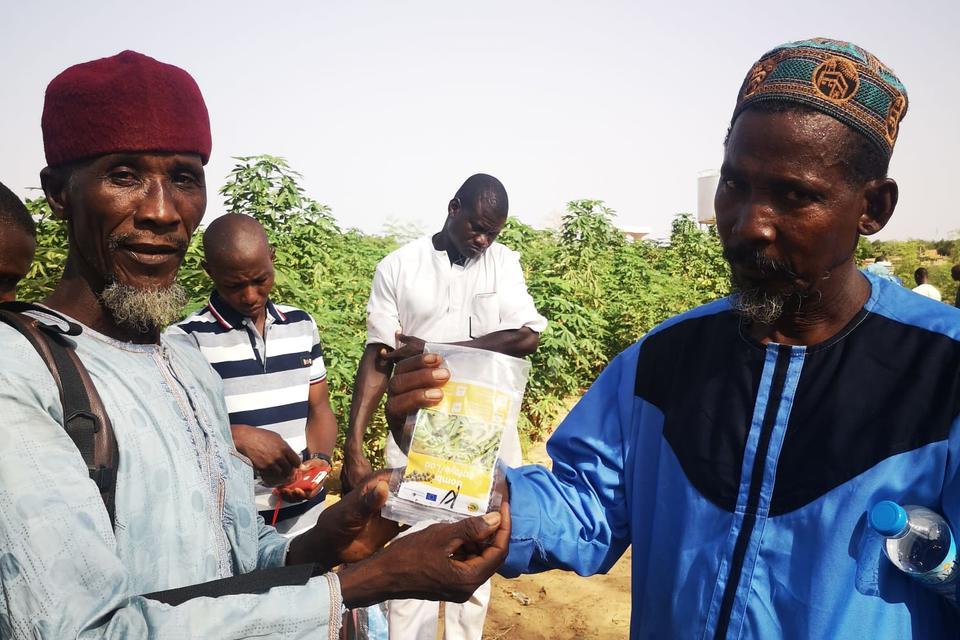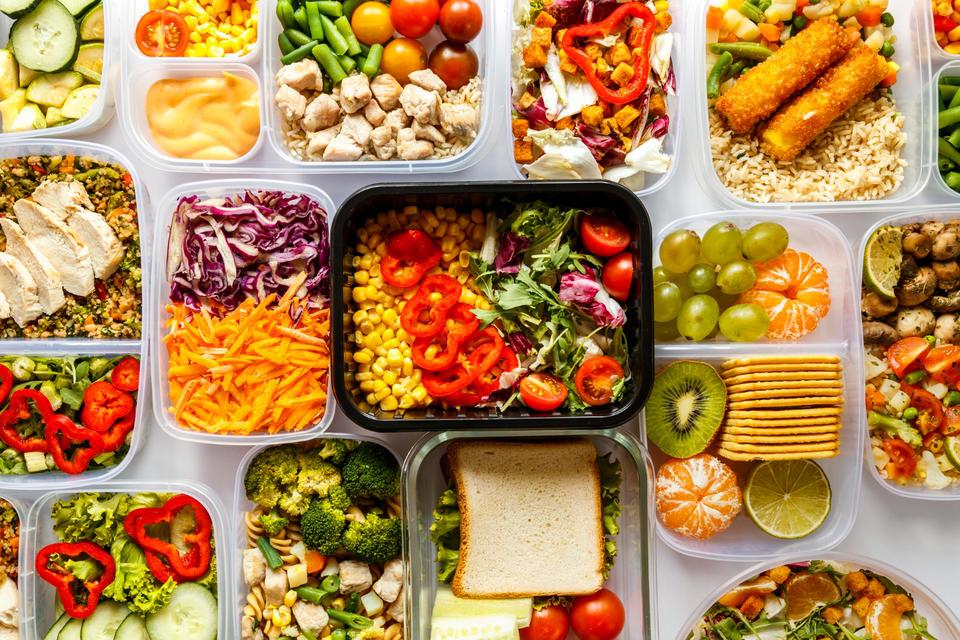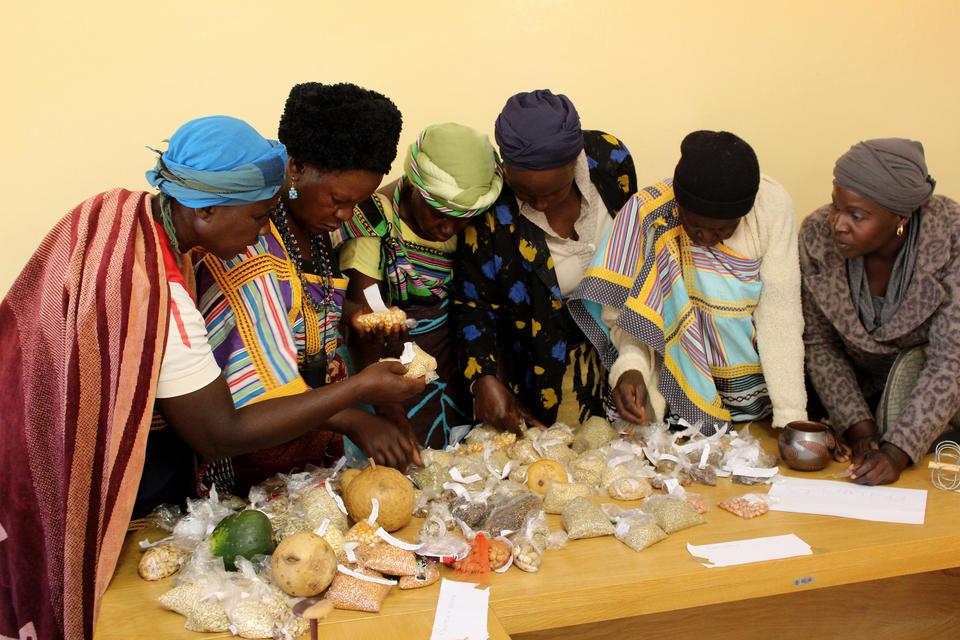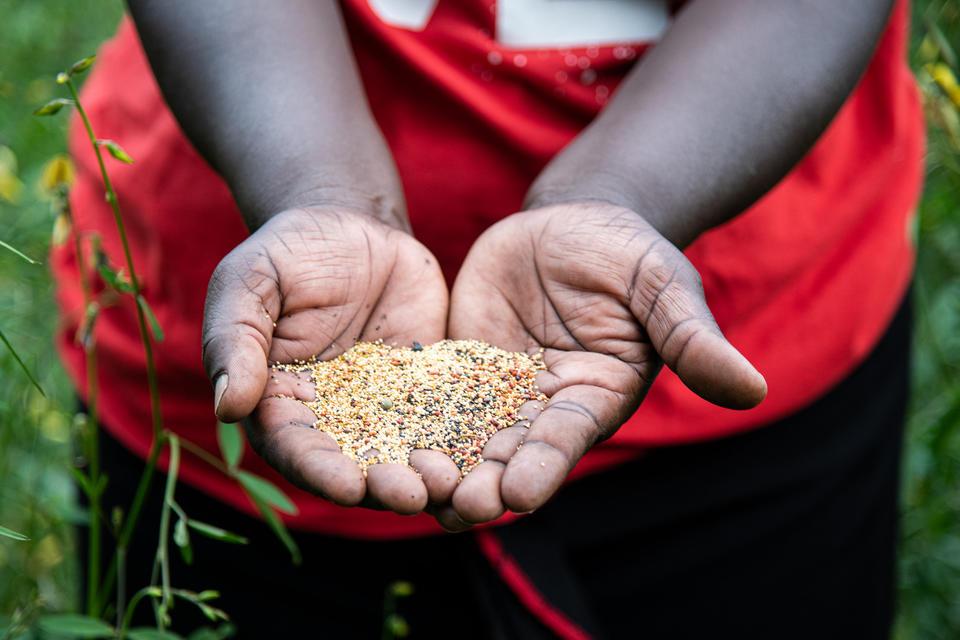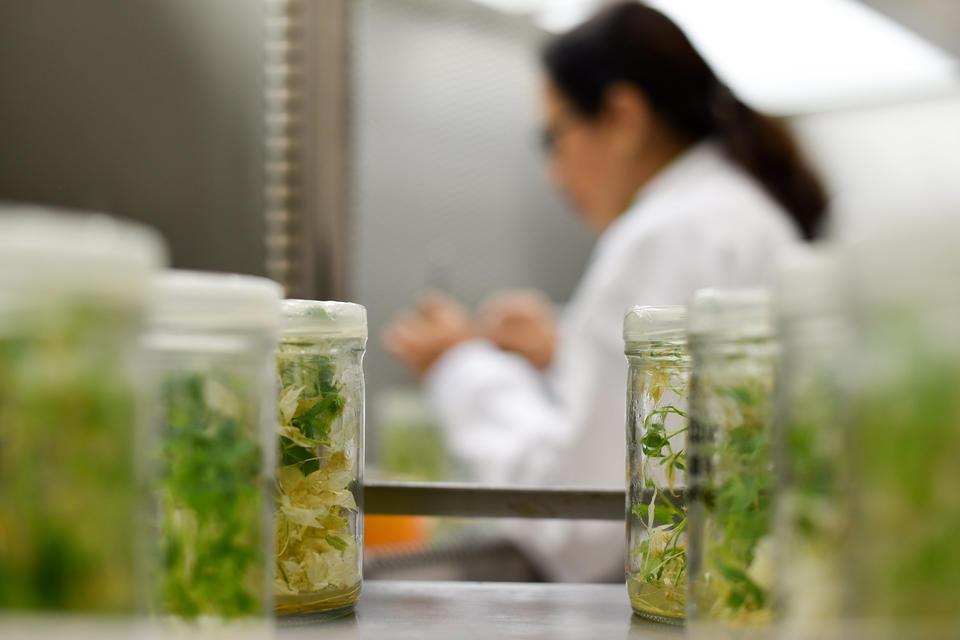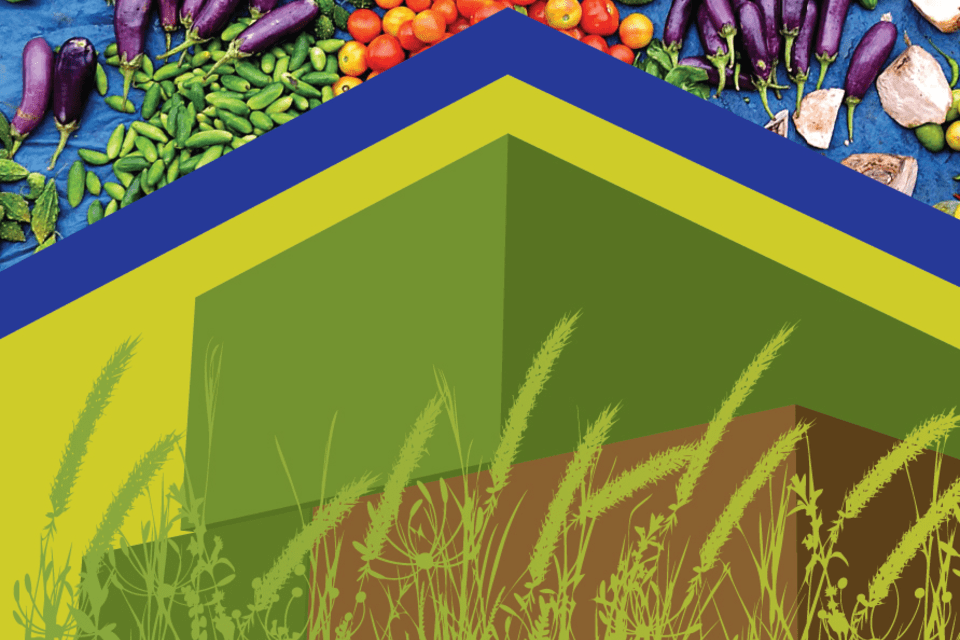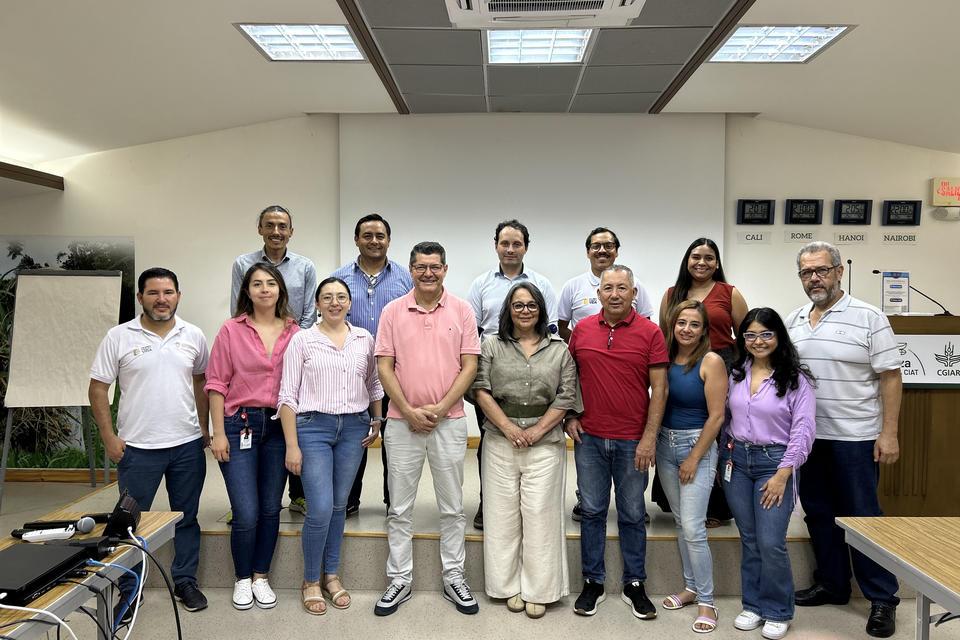
For the past 50 years, the industrialization of food and seed systems, and the globalization of trade and supply networks led to a significant decrease in plant diversity.
As direct results of this global loss of agricultural biodiversity, diet quality is getting worse, farmers are exposed to greater climate risks, and ecosystem services are being lost or degraded.
The Alliance is addressing this crisis by enabling a better, smarter, more resilient use of agricultural biodiversity.
Building on our experience and network of partnerships in genetic resource conservation and use, and through research, policies, and education, we are boosting the use of biodiversity for food and agriculture.
Together with our partners at the national, regional, and global level, we bridge the knowledge gap on the potential of neglected crops, crop wild relatives, landraces, tree species. We also ensure access and availability of this material to farmers, through efficient seed systems.
Further, we contribute to the design of policies and institutions, to improve the way agricultural biodiversity is both commercially exploited and conserved.

